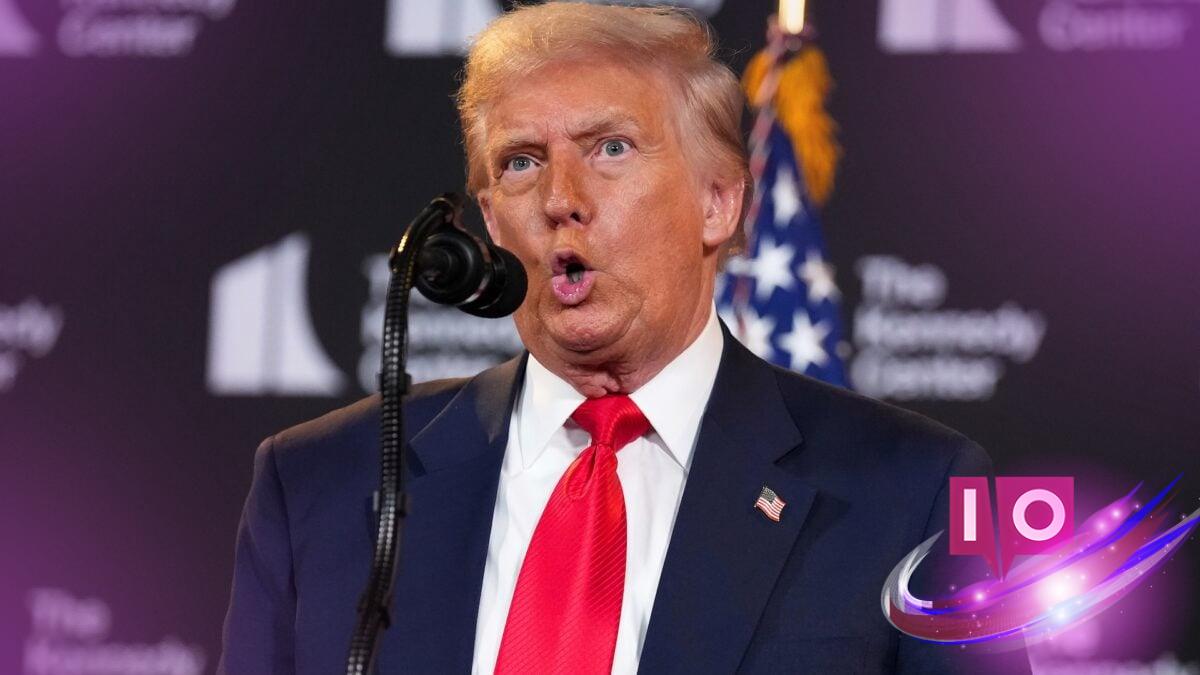In a world where cybersecurity breaches can have devastating impacts, the recent hack of a U.S. federal court documents system has raised alarm bells. With Russia suspected to be behind this sophisticated attack, the implications are severe, especially as President Donald Trump prepares to meet with Russian President Vladimir Putin. It’s crucial to understand the stakes at play.
The situation gains further weight as Trump faces scrutiny regarding his reactions to such breaches. When asked if he would address the hack with Putin during their meeting in Alaska, Trump responded, “I guess I could,” but he avoided committing. This raises the question: should he prioritize discussing cybersecurity over other topics?
Why Ignoring Cyberattacks is a Problem
Whether we like it or not, cyberattacks like these have become a frequent reality for governments worldwide. Trump’s response, brushing the hack off as something to expect, reflects a growing acceptance of intrusion as a norm. In the past, leaders have condemned these breaches, but Trump’s approach could have wider consequences.
The Scope of the Hack
The New York Times describes the hack as a persistent effort stretching back years, affecting sealed records across multiple states, including New York, South Dakota, and Missouri. This wasn’t an isolated incident—the ramifications of compromised sensitive information can be profound, impacting everything from legal proceedings to national security.
What About International Relations?
When Trump meets Putin, he’s not just discussing the weather. The focus will likely turn to major geopolitical concerns, including the ongoing war in Ukraine. In a previous press conference, Trump mentioned that he wouldn’t directly ask Putin to cease bombing civilians, indicating his approach might lean more toward seeking resolutions rather than confrontation.
Could the nature of Trump’s discussions with Putin signal a shift in U.S.-Russia relations? Only time will tell, but it’s critical to keep an eye on how these leaders interact, especially in light of Trump’s past dealings with Russia during the 2016 election.
What are Politicians Saying?
Trump’s remarks highlight a stark contrast against what has become typical presidential rhetoric in the face of foreign aggression. His admission of previously allowing an Iranian attack on a U.S. base raises eyebrows and speaks volumes about his foreign policy approach.
Common Questions About Cybersecurity and International Relations
Why is the recent federal court system hack so concerning?
The hack signifies a serious breach of national security, compromising sensitive, sealed records over several years.
How does Trump’s meeting with Putin affect U.S. cybersecurity policy?
It remains to be seen if Trump will elevate cybersecurity on the agenda, but past behavior suggests a perfunctory approach to such attacks.
What should citizens know about cybersecurity threats from foreign nations?
Increased awareness and proactive measures are vital. Understanding that these threats are ongoing can help promote robust cybersecurity policies.
What could potentially change in U.S.-Russian relations after the meeting?
The outcome could reshape how the countries address security and military concerns, especially with Ukraine in focus.
As events unfold, this situation is a reminder of the importance of cybersecurity and vigilance on international platforms. Whether you’re a policymaker or a concerned citizen, staying informed is your best defense. To explore further topics like this, check out Moyens I/O.
